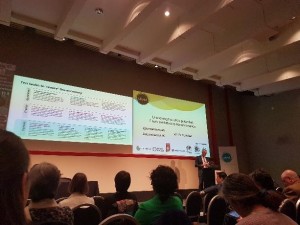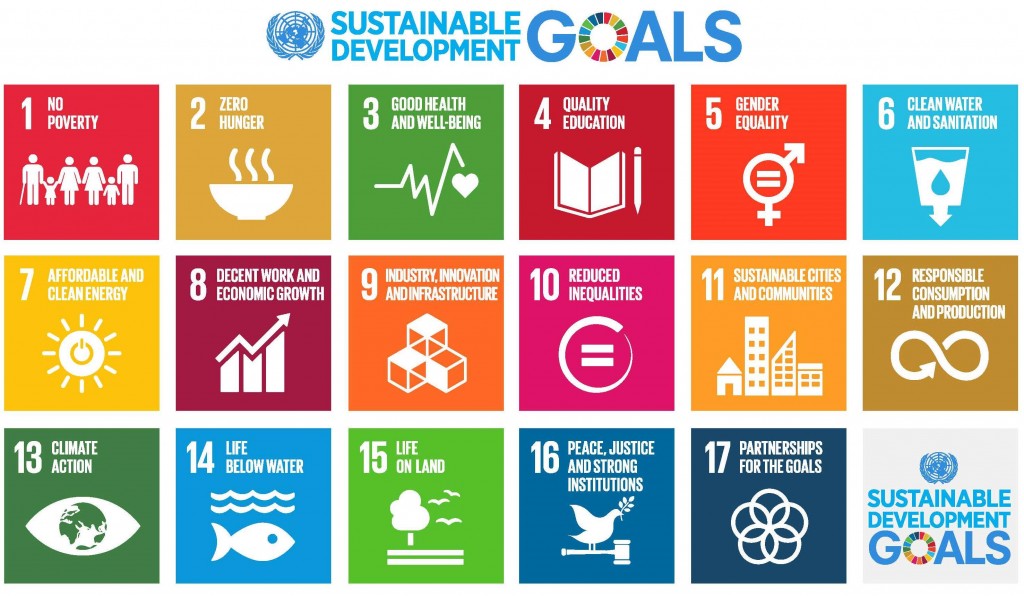This week’s guest blog comes fifth in a series of blogs on the Sustainable Development Goals (SDGs) courtesy of Onna Malou van den Broek, second year doctorate student at King’s in the European & International Studies Department. Onna’s doctorate project titled: ‘The Political Payoff of Corporate Social Responsibility (CSR): CSR as a Determinant for Lobbying Success’, which looks at the relationship between corporate sustainability and lobbying, holding a special focus on the SDGs.
A primary kid developing the newest app in his bedroom. A teenage boy creating an online platform to share social content. These are the success stories in the age of technology. However, such dreams don’t become reality without one essential ingredient: education. As Malcolm X once said: “Education is the passport to the future, for tomorrow belongs to those who prepare for it today.”
SDG 4 = Quality Education
Education is key to reduce inequality and enable people to break the cycle of poverty. Education empowers people, it increases quality of life and stimulates tolerance. There has been a lot of progress towards this goal in the last two decades. In developing countries, the enrollment in primary education has reached 91 percent. But not all is done as 57 million children remain out of primary school. Inequality in opportunities is evident. Half of the children out of school live in Sub-Saharan Africa or in conflict affected areas. The vast majority are girls (1).
The Targets: Quality Education, Relevant Skills and Safe Environments
As the goal suggests, the first target is to ensure free, accessible, quality primary and secondary for everybody. As a result, literacy and numeracy must be dissolved. Other targets go beyond school-aged children aiming to make early childhood development and adult skills training’s accessible. Within education systems, all genders should be equal, and the emphasis should be on knowledge and skills that are needed to promote sustainable development. Moreover, schools should be a safe and inclusive environment, there should be more scholarships for developing countries and there should be better training to provide quality teachers.
Education, poverty and health
Education, poverty and health provide a ‘triangle dilemma’: whereas education improves children’s chances for escaping poverty whilst improving their health conditions, poverty and poor health are the main reason why many do not attend schools. The lack of education and health care robs millions of children of their futures (2). Poverty-prone communities in Tanzania, for example, have high changes to get infected by the parasitic disease ‘schistosomiasis’ due to inadequate access to safe drinking water and sanitation. Especially, school-aged children are vulnerable to the infection. To tackle this problem, a joint-project by UNDP and WHO setup drug distribution points in schools to prevent transmission of the disease and ensure vulnerable children don’t drop out school (3).
A lost generation: education during conflict
Education is a fundamental human right as per the 1989 Convention on the Rights of the Child. However, out of the 7,4 million documented refugee children, only 3,4 million attend school. Attendance drops drastically; 61 per cent of refugee children attend primary school, 23 per cent of them are enrolled in secondary school and just one per cent attends university (4). The foundation Educate a Child aims to scale-up successful educational programs for refugees and promote innovative approaches. Their Bangladesh-based partner, for example, provides non-formal basic education in refugee camps. Thus far, they recruited 400 teachers, established 200 Transitional Learning Centres and educate 25,000 students (5).
A mismatch between skills and education
One of the biggest challenges in Europe is the disparity between what students learn in universities and the types of skills that are needed within the employment market. A business association articulated it as following: “Currently we have a skills gap; we have vacancies, but people are not trained to fill them. Business need to make education their top priority and present people with equal choices.” The European Alliance for Apprenticeships (EAfA) aims to strengthen the quality, supply, image and mobility of apprenticeships in Europe.Through vocational education and training (VET) companies ensure their supply of future employees and students learn valuable workplace skills improving their future employability (6).
The goals are there for you as well!
The fact that you are reading this blog already gives you a privilege. I am assuming you have enjoyed primary and secondary schools, and most likely higher education. At a minimum level you are gifted with literacy. Use this gift to advance worldwide education:
- Attitude – There are no ‘lower’ and ‘higher’ educated people, there are only ‘practical’ and ‘theoretical’ educated people. A value-based division is completely ridiculous, so ensure that your language reflects the appreciation of all forms of education.
- Develop – Acknowledge your privileged position and make sure you keep on developing yourself. Attend your university classes; follow a skills training on coding; learn how to use Excel properly or drop in a conference on business ethics.
- Tutor – An easy way is to tutor children from disadvantaged backgrounds. Private tutoring increases the income gap. To overcome this, you can support a pupil to get the most out of her/his education and help them build their future. There are different local charities (7).
References
- The facts, figures and targets of SDG 4 can you find here: https://www.un.org/sustainabledevelopment/education/
- Read here more about the triangle dilemma of poverty, health and education: https://www.oxfam.org.uk/what-we-do/issues-we-work-on/health-and-education
- The UNDP has several project, this is their worm-free project in Tanzania: https://stories.undp.org/keeping-children-worm-free-tanzania
- Read here why education is so crucial for refugee children: https://www.unhcr.org/education.html
- More information on educate a child can be found here: https://educateachild.org/explore/barriers-to-education/refugees
- The EU scheme has several partners, read here more: https://ec.europa.eu/social/main.jsp?catId=1147
- A few examples of tutor projects are: Action Tutoring (https://actiontutoring.org.uk/), Tutor Fair (https://foundation.tutorfair.com/) and Access Project (https://www.theaccessproject.org.uk/).

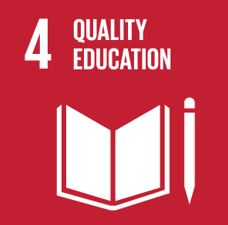
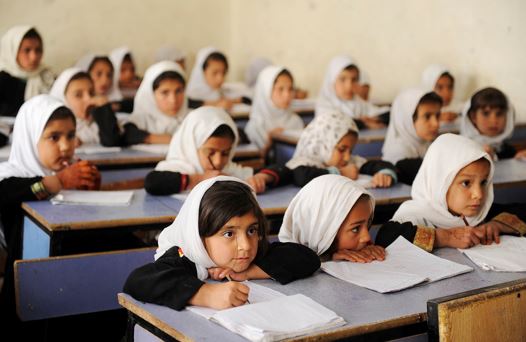

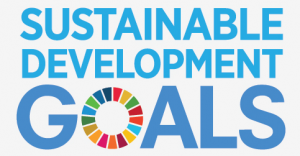 The conference started with a keynote speech by Amanda MacKenzie OBE, who highlighted the importance of getting everyone involved. When the SDGs were unveiled, she ran a campaign to get word about them out there. One of the key messages of this was the importance of using simple language everyone understands. This is why she refers to the goals as Global Goals rather than SDGs, claiming the term SDGs “sounds like something you would see your doctor about”. By calling them the Global Goals and making them accessible, we should be able to take millions of small, simple actions, together adding up to significant change.
The conference started with a keynote speech by Amanda MacKenzie OBE, who highlighted the importance of getting everyone involved. When the SDGs were unveiled, she ran a campaign to get word about them out there. One of the key messages of this was the importance of using simple language everyone understands. This is why she refers to the goals as Global Goals rather than SDGs, claiming the term SDGs “sounds like something you would see your doctor about”. By calling them the Global Goals and making them accessible, we should be able to take millions of small, simple actions, together adding up to significant change.